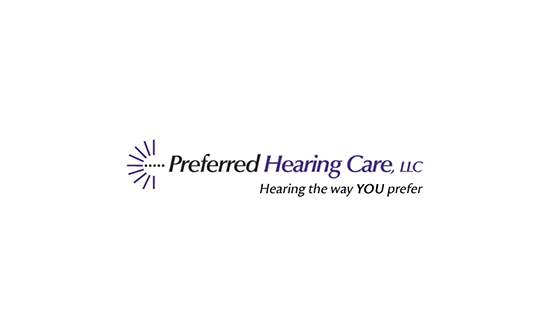“Should I replace or repair a broken hearing aid?” is among the more frequent questions we get. The honest answer needs to be, “Well, that depends.” The question of whether to repair or replace depends on many factors, and the “ideal answer” is as individual as the people asking the question.
It is worthwhile to state upfront, that all hearing aids, irrespective of their initial quality or price, should be expected to break down eventually. The surroundings that hearing aids live in – your ear canals – is an inhospitable one for complex electronic devices, filled with ear wax (cerumen) and moisture. Ear wax is produced naturally, and we need it because it protects the lining of our ear canals, but it can “gum up the works” of hearing aids; similarly, residual water is natural after swimming or showering, but it too can harm hearing aids. Over and above the hostile environment, accidental breakage from drops, and wear and tear of components both contribute to declining performance. You should be expecting that your hearing aids will require repair or replacement sooner or later. They are not going to keep going forever.
Probably the major thing you should think about when making the “replace or repair” determination is how you feel about your current hearing aids – do you like them, and the sound quality they deliver? If you like them and are familiar with the sound that they generate or really like the fit, repair may be the more sensible choice for you.
An additional thing to consider, obviously, is cost – while a new pair of hearing aids could cost thousands, your existing aids might cost only a couple of hundred dollars to fix. Balancing this, however, many people have insurance coverage that will partly or fully cover the expense of new hearing aids, but which won’t cover fixing them.
If you choose to go after a repair, the next normal question is “Should I take them back to where I bought them?”While internet advertisers will try paint your local hearing professional as merely a middle-man, that’s not accurate. There are numerous benefits of staying nearby. Think about whether you are capable of assessing whether a poorly operating hearing aid needs cleaning versus repair? Can you figure out if your broken aid is capable of being repaired? Your neighborhood audiologist can tell you what is in fact wrong with it and may be able to correct it then and there. For hearing aid repairs which can’t be accomplished locally, your audiologist will handle the shipping, paperwork and lab directions for you. Because they work in volume with suppliers, their prices may be the same or better than you could get on your own.
If you choose to replace your aids, more choices are open to you. Make an effort to understand the technical innovations since the last time you purchased and be open to improved designs. More recent hearing aid styles may have capabilities that you are interested in, and can be fine-tuned and programmed to satisfy your individual hearing needs. The answer to the “replace or repair” question is still up to you, but hopefully the information we have presented will help you.
